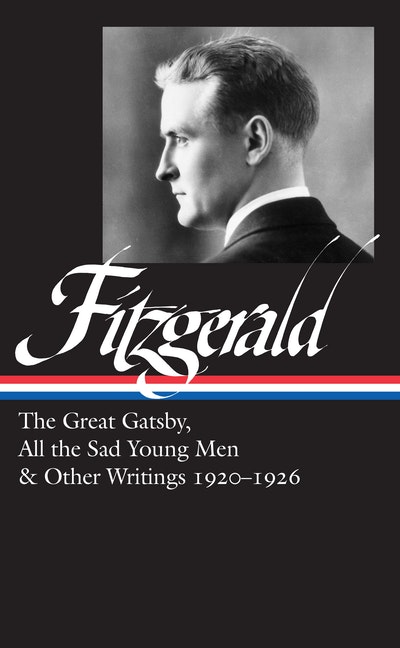Library of America’s authoritative Fitzgerald edition continues with his greatest masterpiece and best story collection of stories in newly edited texts
This long-awaited second volume of Library of America’s authoritative edition of F. Scott Fitzgerald features the author’s acknowledged masterpiece and most popular book, The Great Gatsby.
It was Gatsby that solidified his reputation as the chronicler of the Jazz Age and established him as one of the leading American novelists of his generation. Perhaps no other novel of the twentieth century makes a greater claim to being our Great American Novel—for its poetic prose, its exploration of the broad, intertwined themes of money, class, and American optimism (Daisy Buchanan’s voice is “full of money”), its dominance of high school and college curricula, and its claims upon the public imagination. The novel is presented in a newly edited text, correcting numerous errors and restoring Fitzgerald’s preferred American spellings.
Also included in this volume are Fitzgerald’s third collection of stories, All the Sad Young Men, which includes some of the author’s best short fiction—"Winter Dreams,” “The Rich Boy,” and “Absolution”—as well as a generous selection of stories and nonfiction from the period 1920–1926, all in newly corrected texts.



